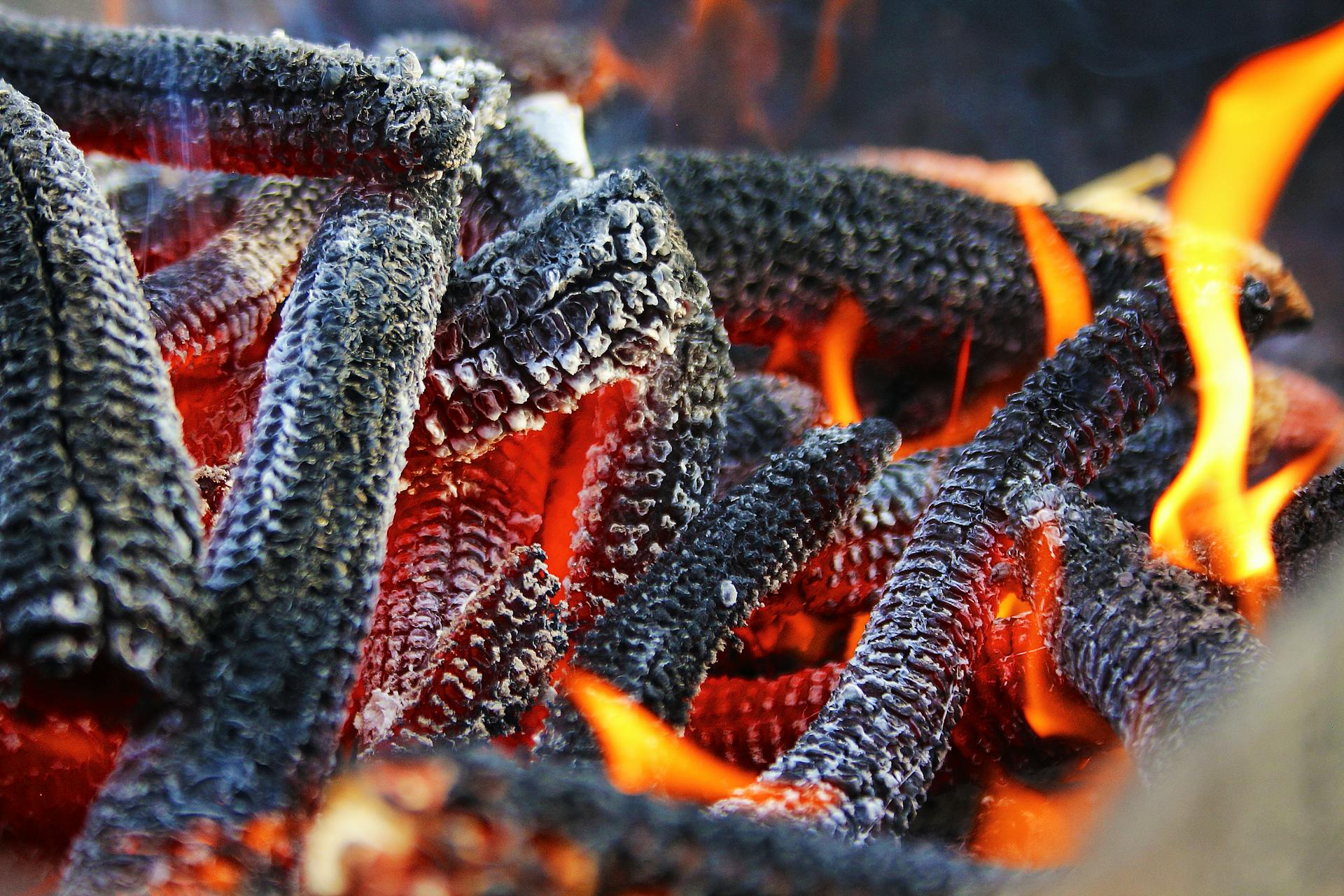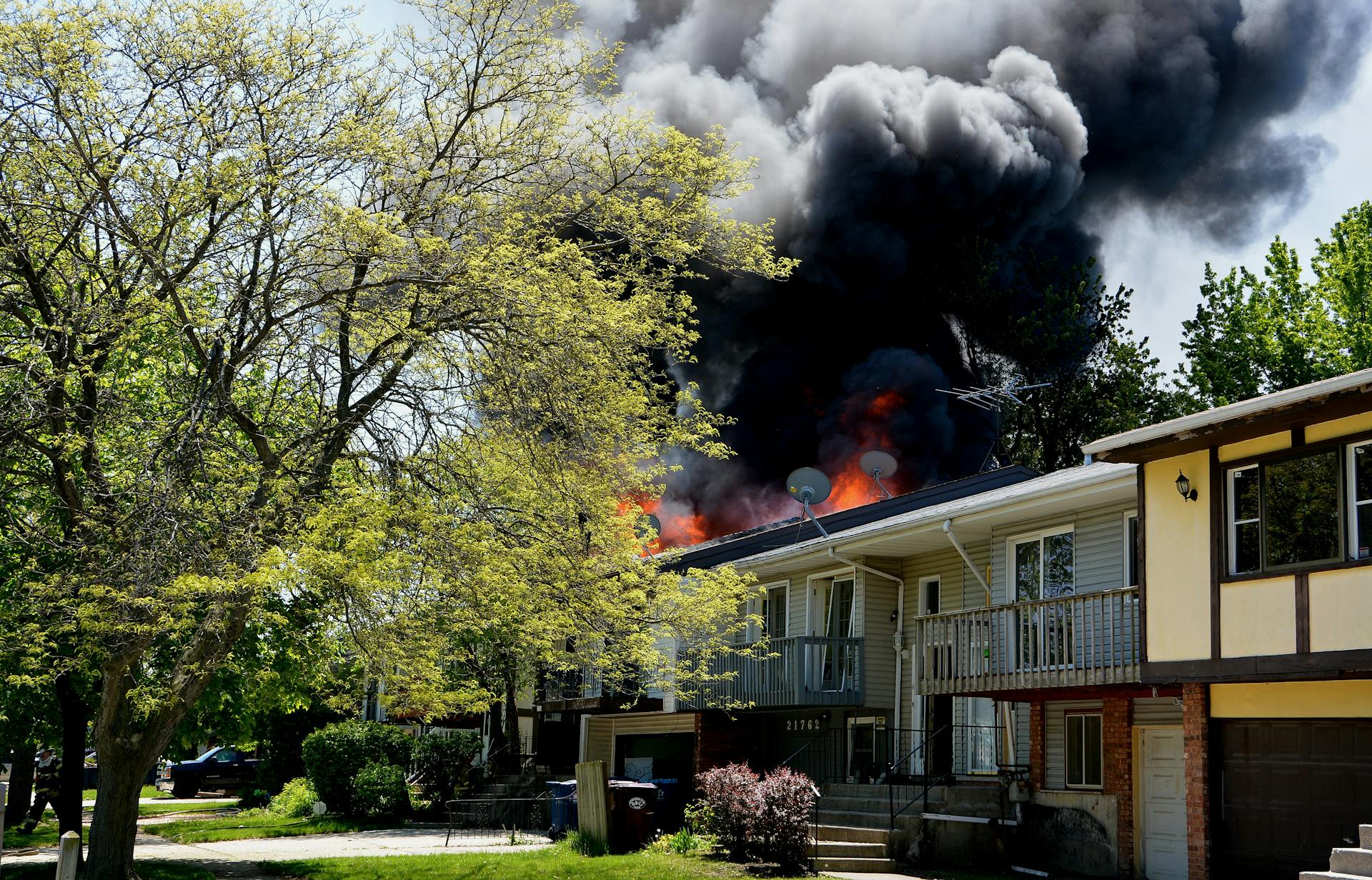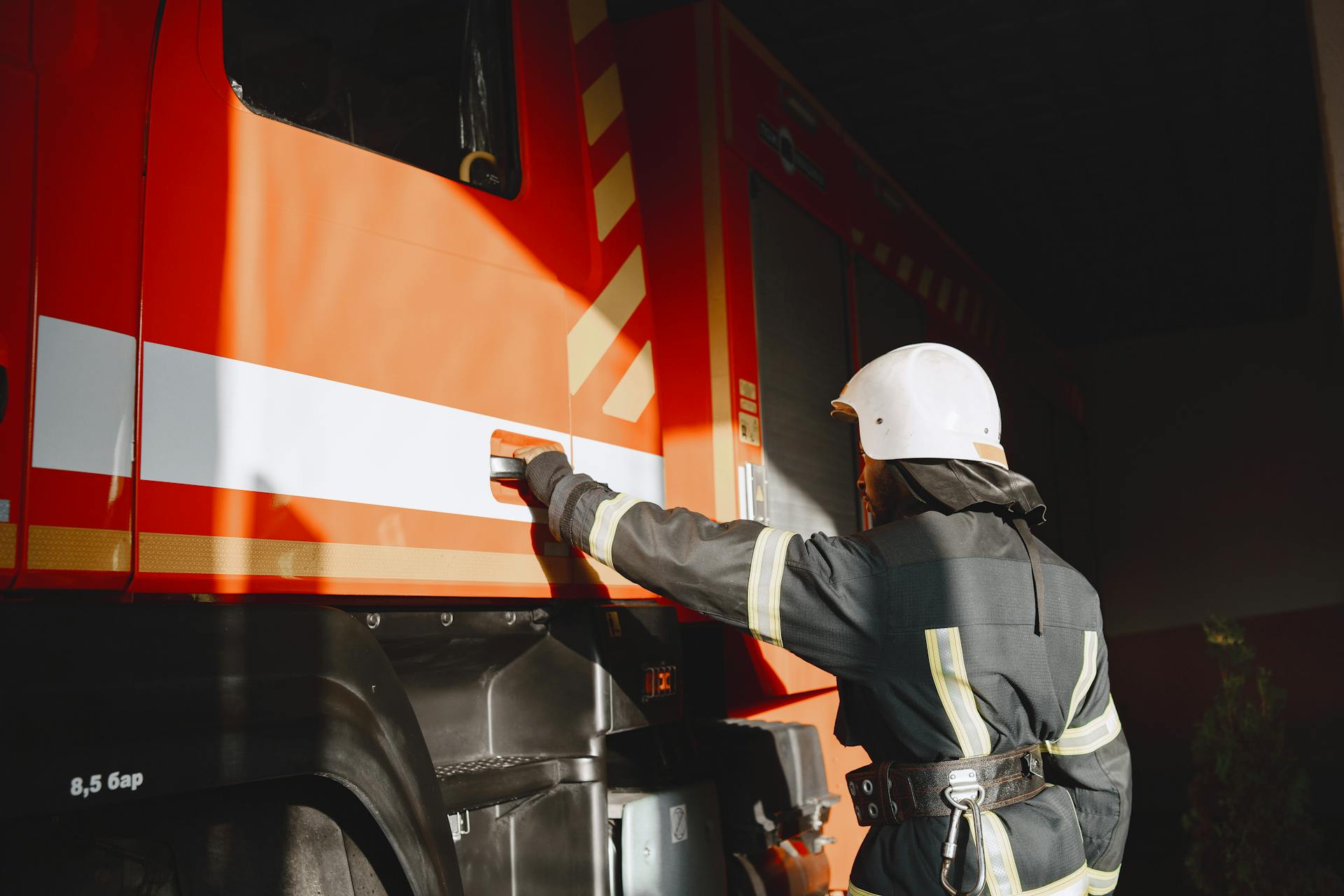
If you're a homeowner, you've probably considered purchasing fire insurance at some point. But do you really know how fire insurance works? Fire insurance is a type of property coverage that helps protect your assets in the event of a fire. It's designed to cover the costs associated with replacing damaged property and rebuilding your home if it's destroyed by fire.
The cost of fire insurance varies based on a number of factors, including the replacement cost of your home and the level of coverage you choose. The replacement cost is the amount it would take to rebuild your home from scratch, including materials and labor costs. When you purchase fire insurance, you'll typically choose a level of coverage that matches or exceeds your home's replacement cost.
In addition to covering the cost of rebuilding your home, fire insurance may also provide coverage for personal belongings that are damaged or destroyed by fire. This can include everything from furniture and electronics to clothing and jewelry. By investing in fire insurance, you can have peace of mind knowing that your assets are protected from devastation caused by fires.
Discover more: Veterinary Malpractice Insurance Cost
What Exactly is Fire Insurance and How Does it Work?
Fire insurance is a type of property insurance that covers damages caused by fire to your property. This includes your home, personal belongings, and any other structures on your property such as detached garages, sheds, fences, and landscaping costs. Fire insurance covers the cost of repairing or replacing the damaged property due to a fire.
The amount of coverage you receive depends on your policy limits or coverage limits. It's important to understand these limits before purchasing a policy so you know exactly what is covered in the event of a fire. In addition to covering property damage, fire insurance also typically includes coverage for normal living expenses if you are temporarily displaced from your home due to the fire. Overall, fire insurance provides peace of mind knowing that you are financially protected in case of an unexpected disaster.
For another approach, see: What Happens If Medical Bills Exceed Policy Limits
Discover the Mechanics Behind Fire Insurance Policies

When you purchase a fire insurance policy, it is important to understand the terms and conditions of your coverage. The purpose of damage covered by fire insurance policies is to protect homeowners from financial loss in case of fire damage to their property. However, not all damages are covered by standard policies.
If a fire occurs on your property, the first step is to contact your insurer and report the incident. A claims adjuster will visit your home to conduct a damage check and assess the extent of the damage. The insurer compares this assessment with your policy terms and policy limits before deciding how much they will cover in damages.
It is also important to note that some policies exclude damages caused by war, nuclear radiation or other high-risk incidents. If you own a vacant home, you may need to purchase extra fire insurance as vacant homeowners' insurance policies charge higher premiums due to the increased risk of damage. Remember that most insurers require action within 30 days for purchasing an additional vacant policy for coverage against fire damage. Understanding these mechanics behind fire insurance policies can help ensure full protection of your property in case of unfortunate events.
Here's an interesting read: California Insurance Bad Faith Punitive Damages
Exploring the Limitations of Fire Insurance
While fire insurance policies cover losses related to accidental fires, they may not provide coverage for fires set deliberately. Additionally, fire insurance only covers losses related to the property itself and does not cover losses related to personal belongings or important documents that may be destroyed in a fire. It is important to carefully review your policy and understand its limitations before assuming that it will fully cover any losses if your property suffers loss due to a fire.
On a similar theme: In Insurance Policies the Insured Is Not Legally
Replacement Cost vs. Actual Cash Value

When it comes to fire insurance, there are two terms that you should be familiar with: replacement cost and actual cash value (ACV). The difference between them can have a big impact on how much money you receive from your insurance policy after a fire.
Replacement cost refers to the amount of money it would take to replace items in your home at today's market prices. If your policy covers replacement cost, then the policy pays out the full cost of replacing any damaged or destroyed items in your home. Actual cash value coverage takes into account depreciation and pays out the item's current worth instead of what it would cost to replace. This means that if you have ACV coverage, you may not receive enough money to fully replace items that were lost in a fire. The type of coverage you choose is a big factor in determining how much financial protection you have for your home's actual cash value after a fire.
Check this out: Determining Actual Cash Value
How does car insurance cover fire damage?
Car insurance covers fire damage in several ways. If a car catches fire due to an accident, such as a collision or vandalism, the insurance policy should cover the damages caused by the fire. Additionally, if the engine catches fire due to a mechanical issue, most comprehensive coverage policies will include coverage for this type of fire including any damage caused by the flames. It's important to review your policy to ensure that you have adequate coverage for all types of fire damage that may occur.
Related reading: Copay Due at Time of Service Sign
1. Call a rep
If you're looking to purchase fire insurance, it's important to speak with a licensed representative who can help guide you through the process. A licensed representative can provide you with valuable information about the different types of coverage available and help you choose a policy that meets your specific needs.
To speak with a licensed representative about fire insurance, simply call 1-866-749-7436. Our representatives are available to answer any questions you may have and assist you in selecting the right policy for your home or business. Don't wait until it's too late - protect your property from fire damage today!
For another approach, see: S Buys a 50000 Whole Life Policy
Frequently Asked Questions
What are the types of fire insurance policy?
There are different types of fire insurance policies, including standard fire policy, extended coverage policy, and all-risk policy. Each type varies in coverage and is designed to protect against different types of fire damage.
Are house fires covered by homeowners insurance?
Yes, most standard homeowners insurance policies cover house fires. However, it's important to review your policy to understand the specific coverage and any exclusions.
What to do after a house fire with no insurance?
If you have experienced a house fire with no insurance, your first step should be to contact the American Red Cross for assistance with emergency housing, clothing and food. Next, explore local government aid and community resources to help rebuild your home and possessions. Finally, consider setting up a crowdfunding campaign to help cover costs.
How to make a fire insurance claim?
To make a fire insurance claim, contact your insurance company as soon as possible and provide them with all relevant details, including the cause of the fire and any damages or losses incurred. Be prepared to provide evidence such as photos and receipts to support your claim.
What is not covered by fire insurance?
Fire insurance typically does not cover damages caused by arson, intentional acts of the policyholder, or damages resulting from a war or nuclear event.
Featured Images: pexels.com


